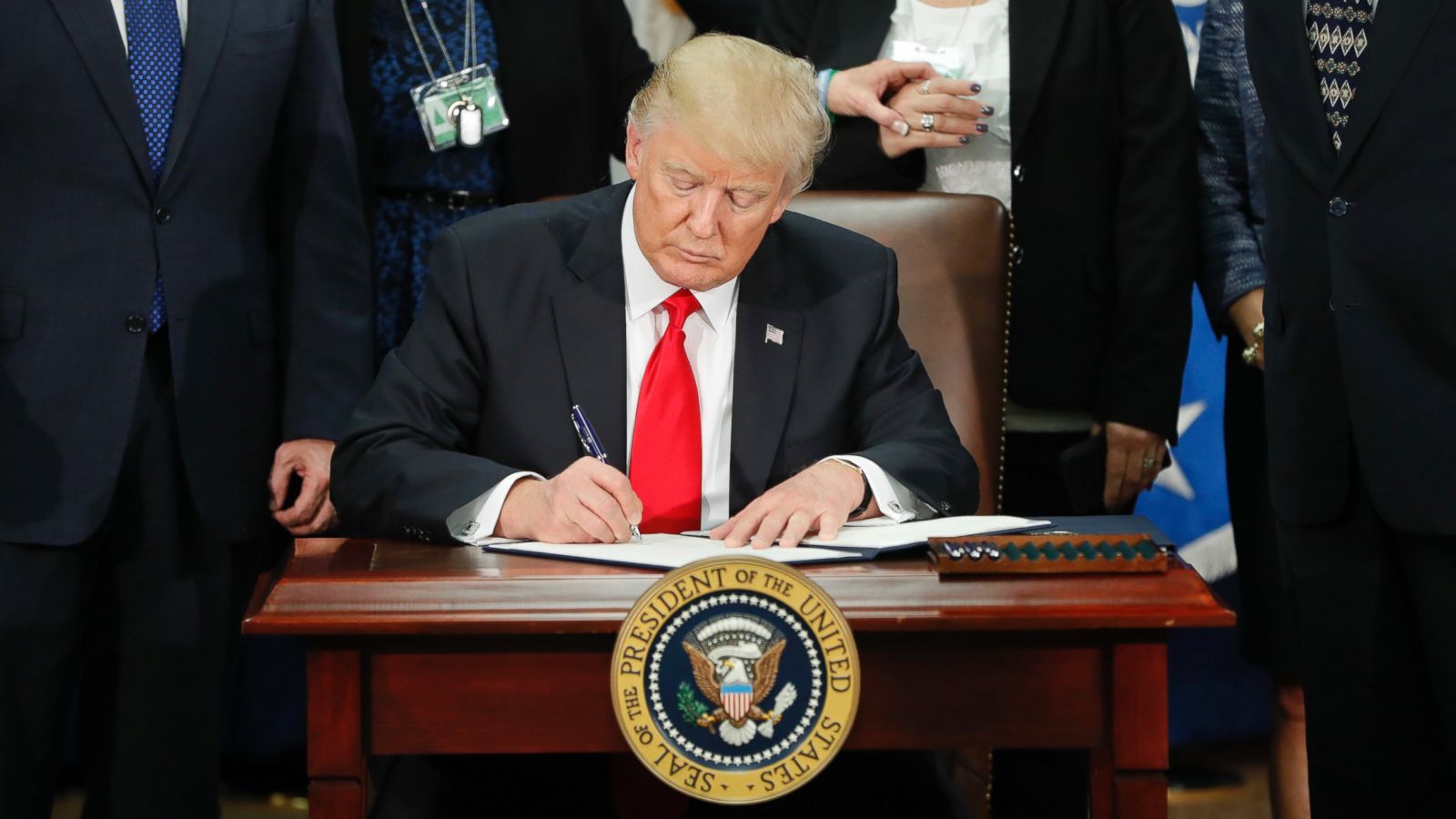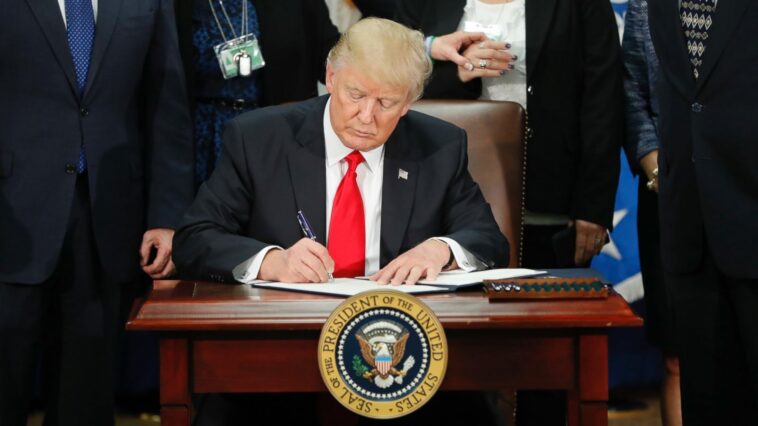
Trump’s Executive Action on Immigration: A Flawed Solution?
As an editor of an esteemed online legal journal and a scholar with a firm grasp of the law, I am constantly assessing the legal implications of various actions taken by our government. In relation to this, President-elect Donald Trump’s proposal for a sweeping executive action to address issues related to immigration is one that warrants special attention. The proposed actions could bring about significant changes to both legal and illegal immigration in the United States.
Trump’s Plan to Curb Illegal Immigration: Outright Ban or Sensible Control?
Trump has outlined a two-pronged approach to deal with illegal immigrants crossing the border. Firstly, he will declare a national emergency at the border, potentially allowing for the activation of active duty as well as National Guard troops at the border. Secondly, he plans to end “catch and release,” a process by which migrants are released pending their asylum hearing. While controlling illegal immigration is critical, abrupt and sweeping changes may potentially lead to humanitarian concerns that must not be ignored.
End of Asylum Process: A Violation of Human Rights?
The second part of his strategy concerns ending the asylum process entirely. The current embassy and the emergency asylum processes are meant to protect individuals who face persecution in their home countries. Abruptly ending these could disregard international standards for refugees, potentially exposing them to harm. However, it remains to be seen how such a policy would be practically implemented.
Reinstating “Remain in Mexico” policy
The administration plans to reinstate the “Remain in Mexico” policy, requiring asylum seekers to wait in Mexico until their American immigration court date. This could be seen as a contradiction to the another planned policy change, ending the asylum process. Ensuring consistency in policy implementation would be a key challenge facing officials.
Designating Gangs as Terrorist Organizations
Another noticeable move is to classify certain gangs involved in human smuggling as terrorist organizations. While this may help when it comes to levying legal consequences, it could raise diplomatic issues, inadvertently straining relationships with neighboring countries.
Redefining Birthright Citizenship: A Questionable Move
Trump’s proposed executive order to end automatic birthright citizenship for children born to parents in the country illegally implies an interpretation of the 14th Amendment that may not be constitutionally valid. The 14th Amendment confers citizenship to anyone born on US soil, an interpretation affirmed by the Supreme Court in 1898. Altering this without legislative approval may invite legal challenges.
Suspending Refugee Resettlement: A Potential Violation of International Obligations
The proposed six-month suspension of refugee resettlement is a concerning aspect of the president-elect’s plan. Our country, with a rich history of refugee acceptance, could potentially compromise its international image and obligations if it abruptly halts the resettlement program.
In sum, while it is crucial to regulate immigration and ensure national security, these sweeping actions proposed by Trump could have far-reaching consequences not only domestically but also internationally. Implementation and legality of these orders will likely pose several challenges. As a nation, we must strive to strike a balance between protecting our borders, upholding constitutional laws, and ensuring human rights.
Originally Post From https://news.bloomberglaw.com/immigration/trump-plans-sweeping-executive-action-designed-to-close-border
Read more about this topic at
Stephen Miller preps House Republicans for Trump’s …
Ron DeSantis pushes to align Florida law with Trump’s …

